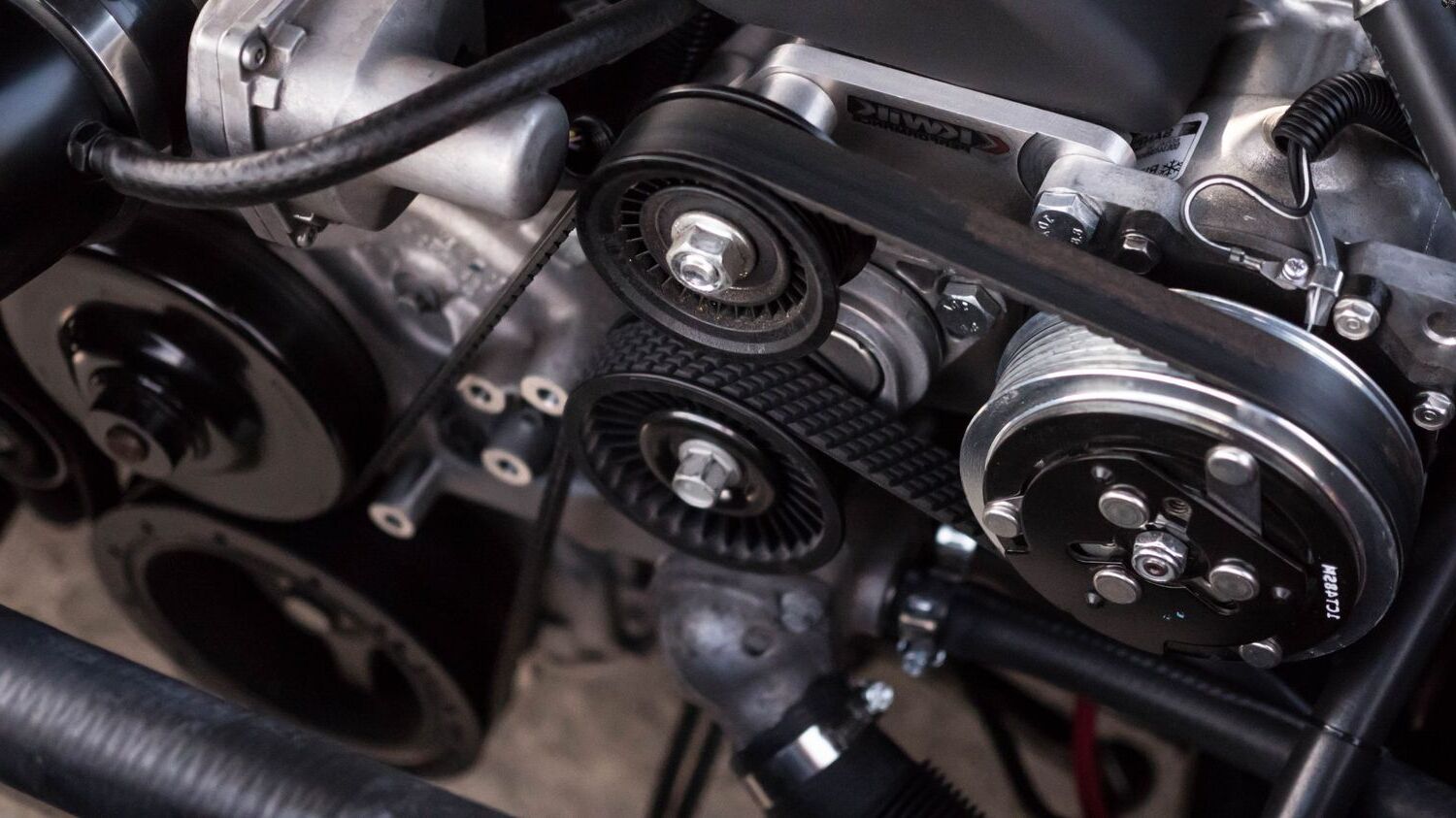
Mechanical failures can be a real headache, right? From cars breaking down to household appliances going kaput, these mishaps can disrupt daily life. But what exactly causes these failures? Mechanical failures often stem from wear and tear, poor maintenance, or design flaws. Understanding these reasons can help prevent future issues. Imagine your car's engine suddenly stopping on a busy highway—scary, isn't it? Knowing the common causes of mechanical failures can save you time, money, and stress. This blog post dives into 25 intriguing facts about mechanical failures that will help you stay ahead of the game. Ready to learn more? Let's get started!
What Are Mechanical Failures?
Mechanical failures occur when machines or their components break down, causing them to stop working properly. These failures can lead to costly repairs, downtime, and even accidents. Understanding the causes and effects of mechanical failures can help prevent them.
-
Fatigue: Repeated stress on a material can cause it to weaken over time, leading to cracks and eventual failure.
-
Corrosion: Exposure to moisture and chemicals can cause metal parts to rust and deteriorate.
-
Overloading: Using a machine beyond its capacity can cause parts to break or wear out faster.
-
Poor Maintenance: Neglecting regular maintenance can lead to the buildup of dirt, grime, and wear, causing parts to fail.
-
Design Flaws: Sometimes, machines are designed with inherent weaknesses that can lead to failure.
Common Types of Mechanical Failures
Mechanical failures can manifest in various ways, depending on the type of machine and its components. Here are some common types of mechanical failures:
-
Bearing Failure: Bearings can wear out or become damaged, leading to increased friction and eventual failure.
-
Gear Failure: Gears can become worn, chipped, or misaligned, causing them to fail.
-
Seal Failure: Seals can degrade over time, leading to leaks and contamination.
-
Belt Failure: Belts can become worn, cracked, or misaligned, causing them to break or slip.
-
Shaft Failure: Shafts can become bent, cracked, or worn, leading to misalignment and failure.
Causes of Mechanical Failures
Understanding the root causes of mechanical failures can help in preventing them. Here are some common causes:
-
Improper Lubrication: Lack of proper lubrication can cause increased friction and wear on moving parts.
-
Contamination: Dirt, dust, and other contaminants can cause wear and damage to machine components.
-
Temperature Extremes: Extreme temperatures can cause materials to expand, contract, or become brittle, leading to failure.
-
Vibration: Excessive vibration can cause parts to become loose, misaligned, or damaged.
-
Human Error: Mistakes made during operation, maintenance, or assembly can lead to mechanical failures.
Preventing Mechanical Failures
Preventing mechanical failures involves regular maintenance, proper operation, and addressing potential issues before they become serious. Here are some tips:
-
Regular Inspections: Conducting regular inspections can help identify potential issues before they lead to failure.
-
Proper Lubrication: Ensuring that all moving parts are properly lubricated can reduce friction and wear.
-
Clean Environment: Keeping the machine and its surroundings clean can help prevent contamination.
-
Training: Properly training operators and maintenance personnel can help reduce human error.
-
Monitoring: Using sensors and monitoring systems can help detect potential issues early.
Impact of Mechanical Failures
Mechanical failures can have significant impacts on businesses, safety, and the environment. Here are some examples:
-
Downtime: Mechanical failures can lead to costly downtime, affecting productivity and profitability.
-
Repair Costs: Repairing or replacing failed components can be expensive.
-
Safety Hazards: Mechanical failures can pose safety risks to operators and others nearby.
-
Environmental Impact: Leaks and spills caused by mechanical failures can harm the environment.
-
Reputation: Frequent mechanical failures can damage a company's reputation and customer trust.
The Final Gear
Mechanical failures can be a real headache, but understanding them helps prevent future issues. From metal fatigue to poor lubrication, each failure has its own story. Regular maintenance and inspections go a long way in keeping machines running smoothly. Ignoring small signs can lead to bigger problems down the road. Remember, even the tiniest part can cause a major breakdown. So, keep an eye on those bearings, gears, and belts. Knowledge is power, and now you’ve got a toolbox full of it. Use these facts to stay ahead of potential failures. Machines might not talk, but they sure do give hints. Listen to them, and you’ll save time, money, and a lot of frustration. Keep your machines happy, and they’ll keep working hard for you.
Was this page helpful?
Our commitment to delivering trustworthy and engaging content is at the heart of what we do. Each fact on our site is contributed by real users like you, bringing a wealth of diverse insights and information. To ensure the highest standards of accuracy and reliability, our dedicated editors meticulously review each submission. This process guarantees that the facts we share are not only fascinating but also credible. Trust in our commitment to quality and authenticity as you explore and learn with us.


